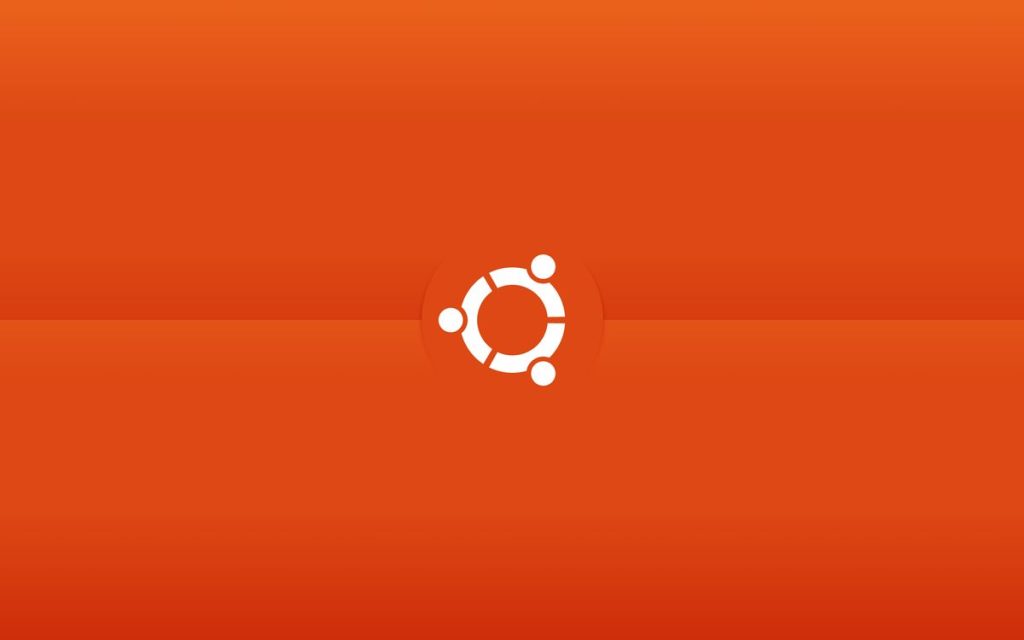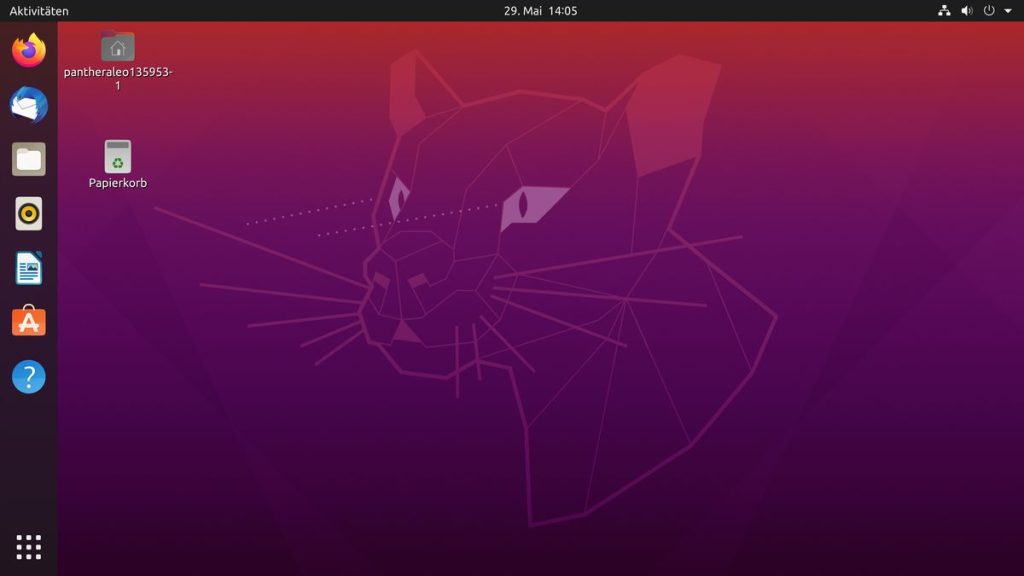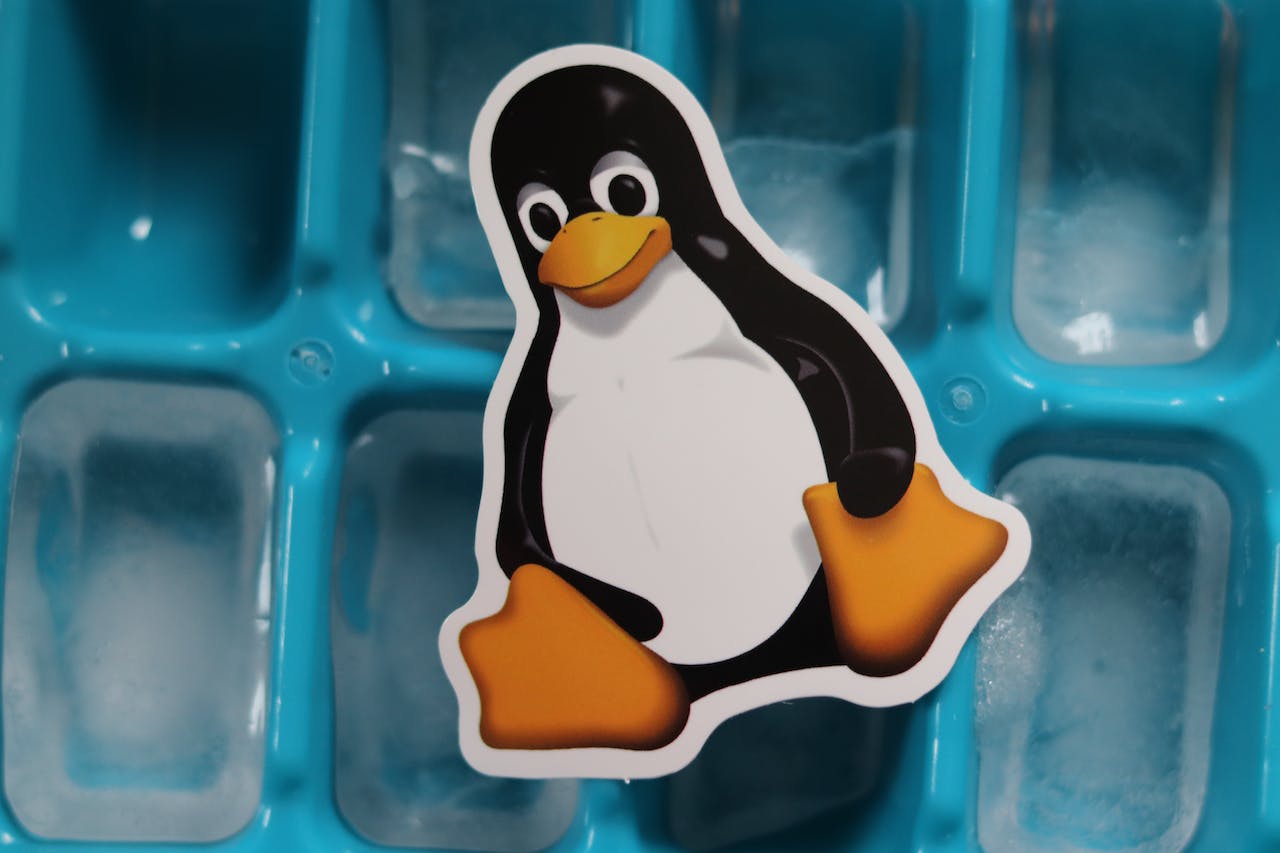What can convince you to switch from Windows to Linux? In a world of binary choices, where the battle for operating system supremacy rages on, there comes a moment when daring adventurers decide it’s time to seek a different realm. As we embark on this thrilling journey, we cast aside biases and preconceived notions, embracing a neutral stance that allows us to explore the persuasive elements that drive the audacious leap from Windows to Linux. Behind this radical system shift lies a conversion story of undeniable allure—an eloquent tale of open-source wonders and the enchantment of customization.
In this article, we delve deep into the core motivations that beckon techie enthusiasts, curious visionaries, and everyday users alike towards the captivating world of Linux. Brace yourselves, for we shall uncover the alluring siren songs that have persuaded even the steadfast devotees of Microsoft’s illustrious creation to embrace this audacious departure.
With a creative flair and an unbiased lens, we shall unravel the mysteries surrounding Linux’s remarkable security, the distinguished oasis it provides for customization enthusiasts, and the captivating allure of its vast open-source community. Prepare to be fascinated as we witness how this transformational pilgrimage reshapes not only the software landscape but also the very essence of tech aficionados, as their journeys of exploration lead to profound spiritual realizations.
Ladies and gentlemen, let us embark now. Behold the Windows to Linux migration, where boundaries blur and the path to technological liberation awaits. Together, we shall embark on a quest to expose the persuasive elements that drive this radical system shift, and in doing so, unravel the secrets of this captivating new realm.

The Advantages of Linux: Uncovering the Key Benefits Behind Your System Switch
What can convince you to switch from Windows to Linux? Switching from Windows to Linux can be a radical system shift, but the advantages of Linux make it a worthwhile transition. One key benefit is the freedom and flexibility that Linux offers. Unlike Windows, Linux is an open-source operating system, meaning its source code is freely available to anyone. This allows users to customize and modify their Linux systems to fit their specific needs. Whether it’s changing the look and feel of the desktop environment or adding and removing software, Linux offers a level of control that is unparalleled.
In addition to its flexibility, Linux boasts exceptional stability and security. Linux systems are known for their reliability and resistance to malware and viruses. The robust security measures implemented in Linux, such as granular user permissions and continuous updates, help to safeguard against cyber threats. Furthermore, Linux has a supportive community of developers and users who actively contribute to its security, constantly working to identify and fix vulnerabilities. This collaborative effort ensures that Linux remains a secure and trusted operating system.

Evaluating Linux Distributions: A Comprehensive Overview of Top Frameworks and Their Unique Features
What can convince you to switch from Windows to Linux? Embarking on a radical shift from Windows to Linux may seem like a daunting endeavor, but armed with a deeper understanding of the persuasive elements and unique features that Linux distributions offer, you can confidently navigate your way through this transformative journey. Linux, renowned for its stability, security, and flexibility, comes in various distributions – each one tailored to meet specific needs and preferences. By evaluating the top frameworks, you can unearth the one that seamlessly adapts to your workflow and unleashes the full potential of your system.
Some standout Linux distributions that are worthy of consideration include:
- Ubuntu: With its user-friendly interface, extensive documentation, and robust community support, Ubuntu fosters a smooth transition for beginners and experienced users alike.
- Fedora: Known for its cutting-edge features and focus on innovation, Fedora offers a bleeding-edge experience while ensuring system reliability.
- Debian: Stalwart in the Linux world, Debian is highly regarded for its stability, security updates, and vast software repository, making it a go-to choice for servers and workstations.
What can convince you to switch from Windows to Linux? These are just a few highlights that barely scratch the surface. To delve deeper into the vast landscape of Linux distributions, examining their contrasting philosophies, package management systems, desktop environments, and support cycles will be crucial in determining the perfect fit for your unique requirements. Whether you seek optimized performance, specialized use cases, or an elegant user experience, Linux distributions encompass a diverse ecosystem that caters to every need, empowering you to embrace a new era of efficiency and reliability.

Smooth Transition Strategies: Step-by-Step Guidelines for Migrating from Windows to Linux
Embracing change can be daunting, especially when it involves transitioning from a familiar operating system like Windows to the open-source world of Linux. Fear not! In this section, we will guide you through a series of smooth transition strategies, providing you with step-by-step guidelines that will make your migration process seamless and hassle-free.
Understanding the Persuasive Elements
Before diving into the technical aspects, it’s crucial to acknowledge the persuasive elements that drive your radical system shift from Windows to Linux. By recognizing these key factors, you will not only be motivated to explore a new ecosystem, but also gain a deeper understanding of Linux’s unique advantages.
Here are some persuasive elements to consider:
- Security: Linux is renowned for its robust security features and significantly lower vulnerability to malware attacks, providing you with a more secure computing environment.
- Customizability: Unlike Windows, Linux offers extensive customization options, allowing you to tailor your operating system to suit your unique preferences and needs.
- Stability: With its reliable architecture, Linux provides a stable platform for both personal and professional use, minimizing the risk of system crashes and ensuring uninterrupted productivity.
- Cost-effectiveness: Linux’s open-source nature eliminates the need for expensive licensing fees, making it a cost-effective choice, particularly for individuals and organizations on a budget.
- Community Support: Linux boasts a vibrant community of enthusiasts, developers, and experts who are always willing to assist you in troubleshooting, sharing knowledge, and helping you make the most out of your Linux journey.
By putting these persuasive elements into perspective, you will gain the confidence to embark on this exciting transition. In the next sections, we will provide you with a comprehensive step-by-step guide to ensure a smooth migration from Windows to Linux.

Unlocking the Full Potential: Essential Tools and Tips to Maximize Your Linux Experience
What can convince you to switch from Windows to Linux? Essential Tools for a Seamless Linux Experience
When making the radical shift from Windows to Linux, equipping yourself with the right tools is crucial to unlock the full potential of this powerful operating system. Here, we unveil some essential tools and tips that will help you maximize your Linux experience:
- Package Manager: Embrace the convenience of package managers like APT (Advanced Package Tool) or DNF (Dandified YUM) to effortlessly manage software installation and updates on your Linux distribution. These package managers provide extensive libraries of software, ensuring you have easy access to a wide range of applications and libraries.
- Terminal Emulator: Embracing the command line is a fundamental aspect of the Linux experience. Enhance your productivity and system control by utilizing highly customizable and feature-rich terminal emulators such as GNOME Terminal, Konsole, or Tilix.
- Text Editor: A versatile text editor is a must-have tool for any Linux user. Consider using open-source editors like Vim or Atom that offer powerful customization, syntax highlighting, and support for a wide range of programming languages.
Tips for an Optimal Linux Experience
Maximizing your Linux experience involves more than just having the right tools. Here are some additional tips to help you make the most of your radical system shift:
- Explore the Community: The Linux community is vibrant and diverse. Engage with fellow Linux enthusiasts through online forums, social media groups, or local meetups. Sharing and learning from others will not only help you solve issues but also expose you to innovative ideas and exciting projects.
- Customize Your Desktop Environment: Linux offers a plethora of desktop environments such as GNOME, KDE, or XFCE that allow you to personalize your user interface according to your preferences. Experiment with different themes, icons, and extensions to create a visually appealing and efficient working environment.
- Security First: Linux is known for its robust security features, but it’s important to remain proactive. Regularly update your system, enable a firewall, and practice safe browsing habits to ensure a secure Linux experience.
What can convince you to switch from Windows to Linux? In Conclusion
As we conclude our exploration into the persuasive elements that drive a radical shift from Windows to Linux, it becomes clear that this transition is not merely a matter of swapping operating systems, but rather one of embracing a whole new realm of possibilities. With its robust and customizable nature, Linux entices users to break free from the limitations imposed by commercial software. It extends an invitation to explore the vast, ever-evolving world of open-source community-driven development, where collaboration and innovation go hand in hand.
Read More: Do Windows computers no longer have a D drive?
By shedding reliance on proprietary systems, Linux unveils a breathtaking panorama of freedom and control. It empowers users to mold their operating environment according to their own desires, shaping a computing experience that is uniquely attuned to their needs and preferences. Beyond the practical advantages lies a deeper ideology, one that champions inclusivity and democratization of technology.
Linux has captured the hearts of countless users around the globe, forming a passionate community dedicated to the principles of transparency, collaboration, and egalitarianism. Throughout this article, we have sought to shed light on the alluring aspects of Linux that persuade individuals to embark on this radical system shift.
By daring to venture into this uncharted territory, we unleash a world of boundless opportunity and endless potential. So, whether you find solace in the power of the command line or marvel at the vast array of software options at your fingertips, be prepared to embark on an unforgettable journey. Embrace the unknown, break free from the confines of conventional computing, and uncover the wonders that await when you open the windows to Linux.

Aleksandar Paunovski is a Computer Science student at New Bulgarian University. He has more than 20 years of experience with computer systems. Aleksandar knows PHP, JavaScript, C++, CSS, and HTML and is an expert on WordPress, computer security, Linux, Mac OS, Chrome OS, and Windows. When not busy making sites, Aleksandar loves to listen to 90’s music, walk in the park, and post on his blog.
